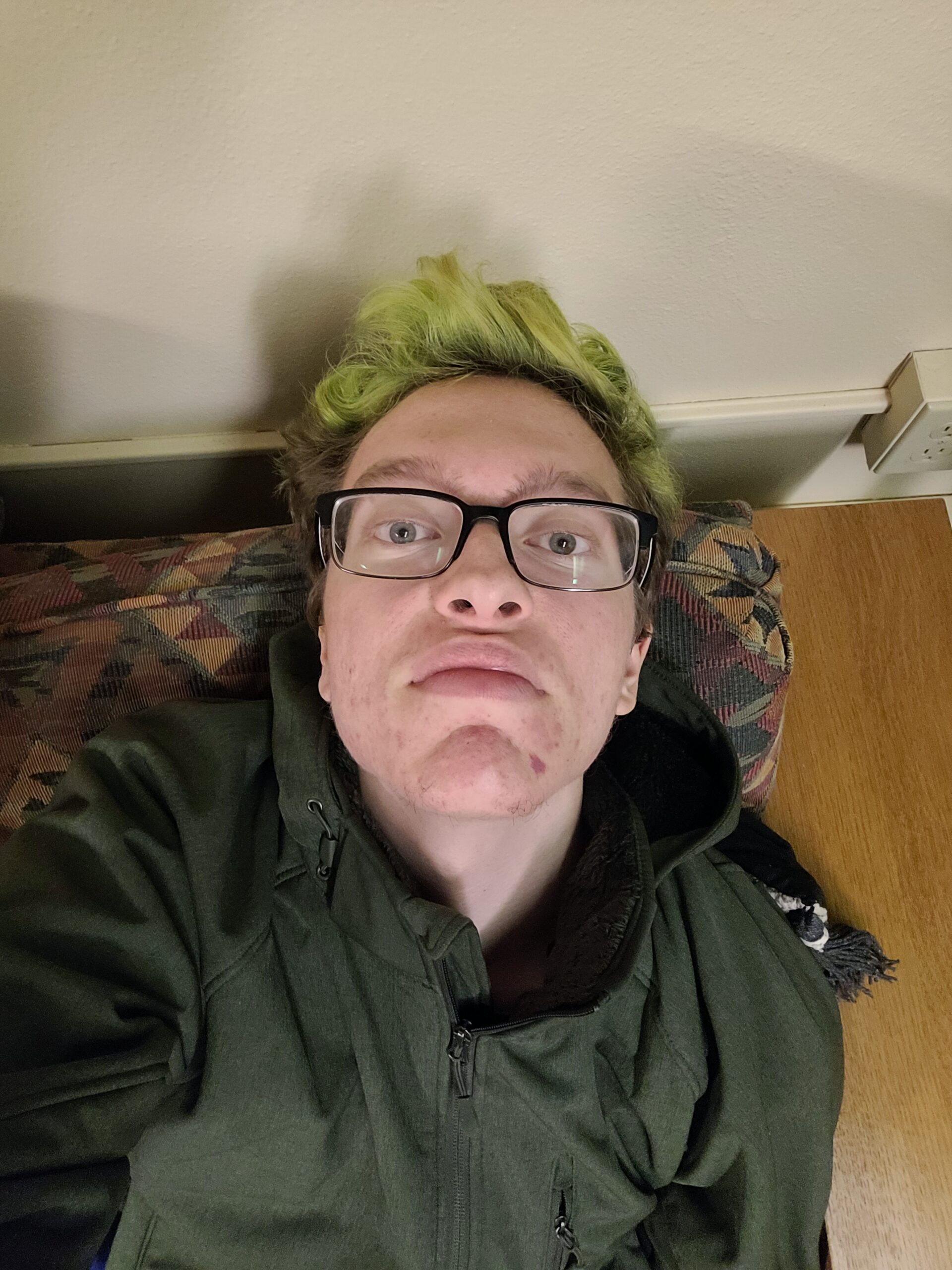Graduate student reveals connection between resilience and BIPOC family functioning following racial discrimination
A decade ago, in 2013, Dr. Michael Christopher established the Mindful Health & Resilience Lab at the Pacific University Hillsboro Campus. “At the time,” explained Christopher, “one of the things we just started to look at was mindfulness-based interventions for high stress populations.” And, 10 years later, in the wake of the one of the most collectively stressful events in human history, the COVID pandemic, the lab and psychology graduates there are researching what benefits mindfulness meditation can provide to historically underserved populations, and as alternative treatments in healthcare environments.
Mindfulness is a rapidly emerging study of thought and practice. In its most elemental terms, it involves being aware of your thoughts and surroundings, and holding no judgements about any of it; the goal is to accept where you are in the world and allow yourself to recognize the sheer beauty of it all. Many believe that it can have profound mental, and perhaps physical, health benefits; all of which the Mindful Health & Resilience Lab is exploring.
“As a lab, we’re generally more focused on the large-scale, as a way of trying to improve communities as a whole,” said Marissa Ferry, who’s been a student with the lab for two years and earned her MS in counseling psychology in 2021 from the University of San Francisco. “But when we take data, we also look at individual participants to understand what changes over time and how,” she said.
In February, Ferry introduced a study she began last fall to the inaugural International Society for Contemplative Research Conference in San Diego. That study looked at how mindfulness and other psychological factors can affect BIPOC family functioning when its members face racial discrimination. The data Ferry used is part of a larger data collection called Project Growth, a project led by Dr. Christopher and Dr. Theresa Lafavor in the spring of 2021 that collected data on the effects of COVID and mental health of 400 parent-child groups.
“We found that resilience (as opposed to mindfulness) was a buffer against the impacts of racial discrimination on family functioning, at least for parent reports,” explained Ferry. She went on to say, “This gives us a really interesting consideration of like, ‘how do we further develop resilience in parents, especially, who are experiencing racial discrimination to help bolster family functioning?’”
Part of Ferry’s motivation had to do with the low coverage of BIPOC families in prior mindfulness research. “Resilience is one that is really important in the field of mental health, and has been studied decently so, but also one that’s generally understudied as are most psychological concepts in a diverse sample, ” she said. “And so how can we start looking at increased diversity in our samples to better understand how these mechanisms do or don’t work in a way that we don’t have previous information for?”
Although Ferry didn’t find a direct link between mindfulness and family functioning, there was somewhat of an “interaction” between mindfulness and resilience that Project Growth revealed. “That’s a potential avenue to kind of look into that also other researchers have kind of started looking into as well,” she said.
Currently, Ferry needs to finish writing up the study and is putting a manuscript together to submit to publication. Afterwards, she already has another project in mind. “Currently my idea is trying to figure out doing a group mindfulness-based intervention with BIPOC families and having people feel less alone in their experience. My goal is to see if this is something that they can really engage in or think is helpful and then potentially look at what cultural adaptations need to be made.”
If any of this sounds interesting to you and you are interested in joining the lab, contact Dr. Christopher via the lab’s website. Opportunities are available to both graduate and undergraduate students. “Always happy to have students come join us or just sit in on a meeting, and see what we do and how we do it. We are always welcoming,” Dr. Christopher told The Index. — Aaron Meeuwsen

Aaron Meeuwsen
Major: Journalism
Hometown: Hillsboro, Oregon
Hobbies: Video editing, video games, website building, social media, eating

Leave a Reply